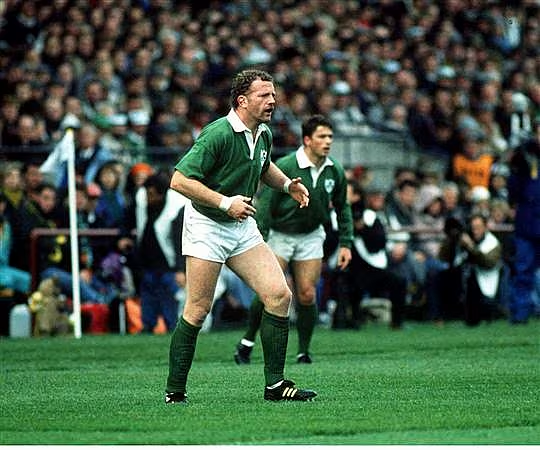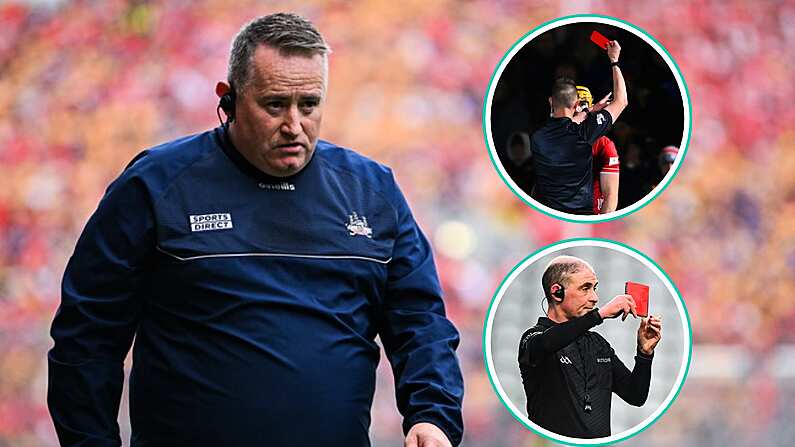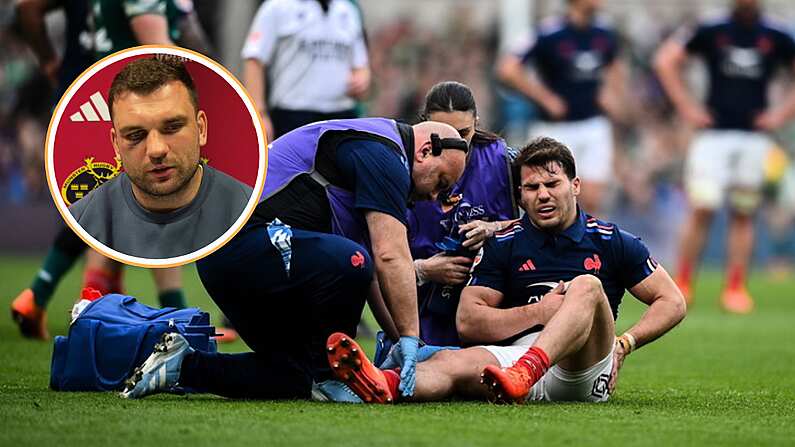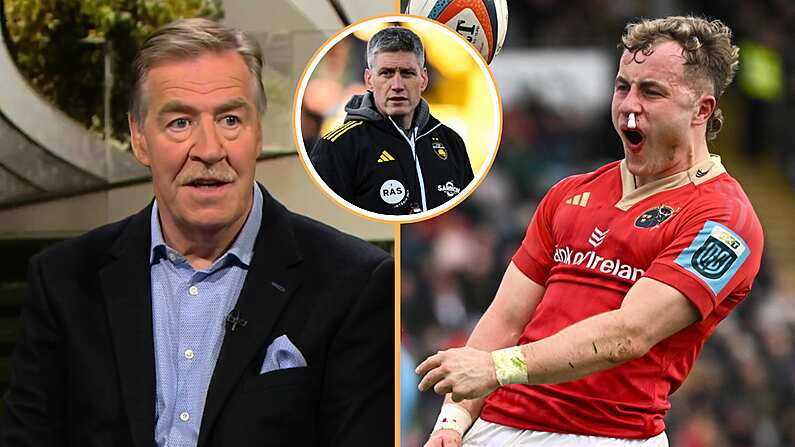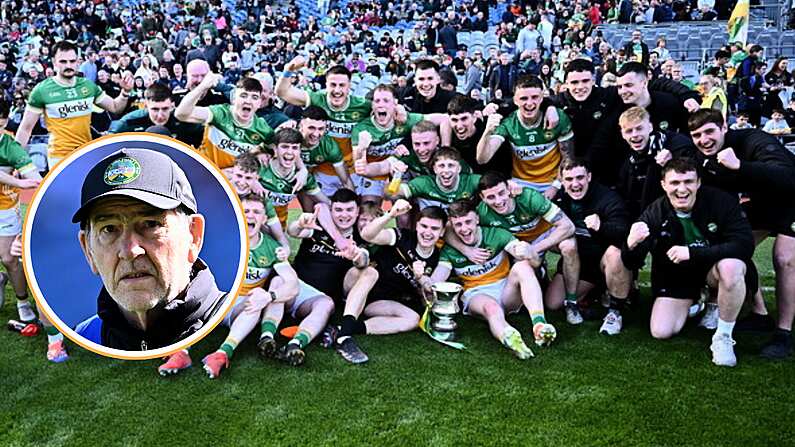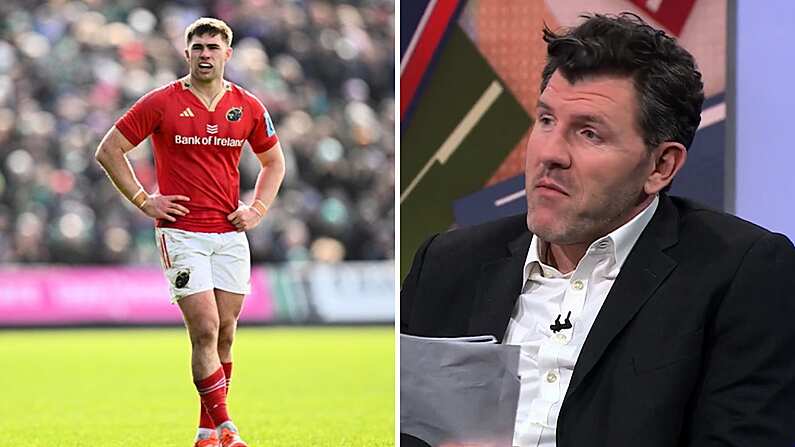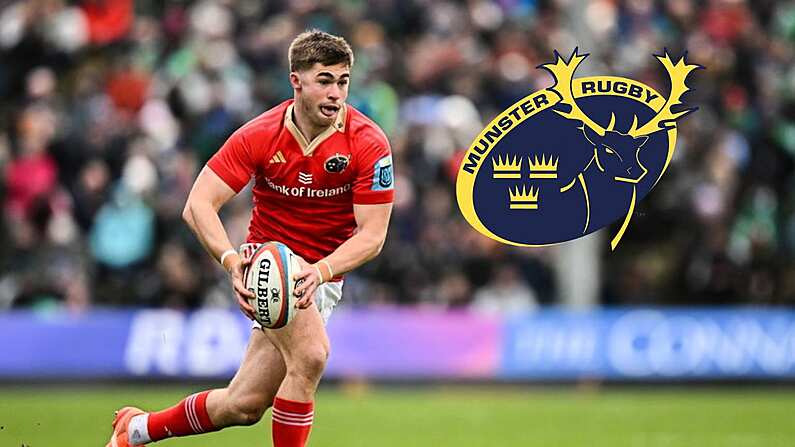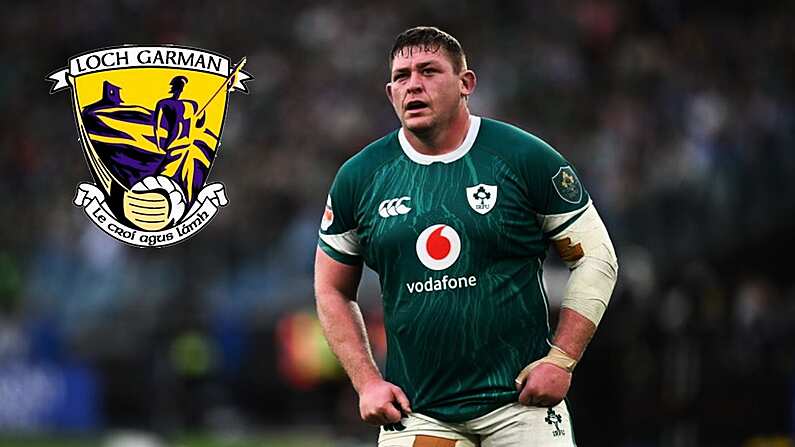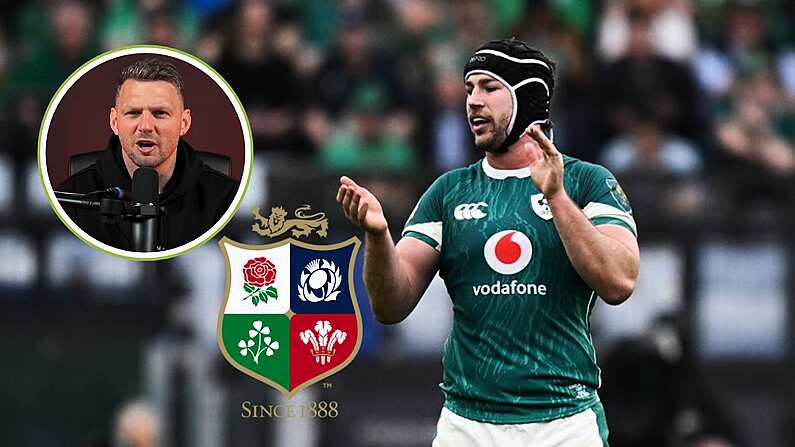With the elevation of Rory Best to the Ireland captaincy, we cast our eyes back to previous Ulster men who have captained Ireland. Here are six of our favourites...
Philip Matthews
Elevated to the captaincy by his fellow Ulster man Jimmy Davidson, Matthews captained Ireland on thirteen occasions between 1988 and his final cap against Scotland in the 1992 Five Nations.
It was a sad end. Ireland were sailing towards the wooden spoon and the home crowd booed the Irish team as they fell once more to the Scots.
While Matthews enjoyed success in his early years, playing every game in the Triple Crown winning year of 1985, his captaincy coincided with a bleak time for the Irish rugby team.
Ulster won every single inter-provincial championship between 1984 and 1994. This reign of dominance - albeit in the championship that the watching public had long stopped caring about - began under Jimmy D's coaching, and continued under his successor Harry Williams.
When Davidson became Ireland coach, he appointed Matthews as captain. Matthews would eventually captain Ireland more times than even Willie John McBride.
Neil Francis may have found Jimmy Davidson insane, but Matthews holds him in high regard.
Paddy Johns
A Willie John lookalike under a scrum cap, Paddy Johns's career spanned the entire decade of the 1990s. He made his debut in a November game against Argentina in 1990 in which Ireland squeezed home by two points.
His Five Nations debut would only arrive in 1993, Ireland's most successful championship of an otherwise miserable decade.
Mick Galwey claims to have accidentally broken his nose while swinging for Kyran Bracken during Ireland's one-point win over England in 1994, though this story may have been embellished for the after-dinner circuit.
He assumed the captaincy in 1998, holding the role for ten games. He was captain during the shockingly violent tour of South Africa in 1998, during which Donal Lenihan the Irish team were treated like dirt by their hosts. They retaliated on the pitch if not on the scoreboard.
While Johns played during a grim period in Irish rugby, Johns hung around long enough to see the weather break. His penultimate game came against France in the Stade de France in 2000, when he was introduced as a substitute.
David Humphreys
Humphreys captained Ireland intermittently between 2002 and 2005. As with many Irish players in the late 90s and early 2000s, his career was divided into two phases.
In the late 90s, he laboured in a struggling side, being scapegoated for Ireland's agonising loss to France in the 1999 Five Nations.
The arrival of Ronan O'Gara and the accompanying revitalisation of Irish rugby re-energised Humphreys. While O'Gara faltered in an otherwise improving team, Humphreys regained the out-half jersey.
In a battle which echoed the early days of the O'Gara/Sexton battle for the No. 10 jersey, both Gatland and O'Sullivan often trusted Humphreys for the bigger games.
He held down the 10 shirt for the 2003 Six Nations.
Willie Anderson
Anderson captained Ireland three times between the November tests and the opening couple of games in the 1990 Five Nations.
In his first match as captain, he launched the most famous challenge to the Haka, by marching the team forward until he was eyeball to eyeball with Buck Shelford.
Like Matthews, Anderson's early years saw him win a Triple Crown but his short stint in the captaincy yielded no victories.
Ireland lost that and were destroyed 23-0 in Twickenham in the Five Nations opener. They lost narrowly to the eventual Grand Slammers Scotland in the second match. With the Irish football team heading for the World Cup, the rugby team had arguably never provoked so much apathy.
He later operated as Ireland's forwards coach, masterminding victories over England in 1993 and 1994. He enjoyed a reputation as an enlightened figure but grew frustrated with the IRFU and resigned.
Willie John McBride
A man synonymous with both leadership and those self-important promos that Sky Sports do for the Lions tours, Willie John captained Ireland twelve times in his latter years in the jersey.
As he announced the Will Carling video, his fourteen year Ireland career was bookended by two hammerings, one in Twickenham and the other in Cardiff, but, in between, Ireland won plenty of games.
He was part of the relatively successful Ireland side of the late 60s and early 70s, which won in Paris and London in 1972, picked up a Five Nation title in 1974, and generally dominated England.
Mike Gibson
Frequently touted as the greatest Ireland player of all time.
Gibson played between 1964 and 1979, leading the team out on five occasions between 1971 and 1976, albeit they only won one of these games.
He was a slinky, intelligent player who rarely took the wrong option.
In the era of freight trains like Matthieu Basteraud in the centre, it is a strange to watch old clips of the slim, elegant Gibson glide and feint his way through matches.



